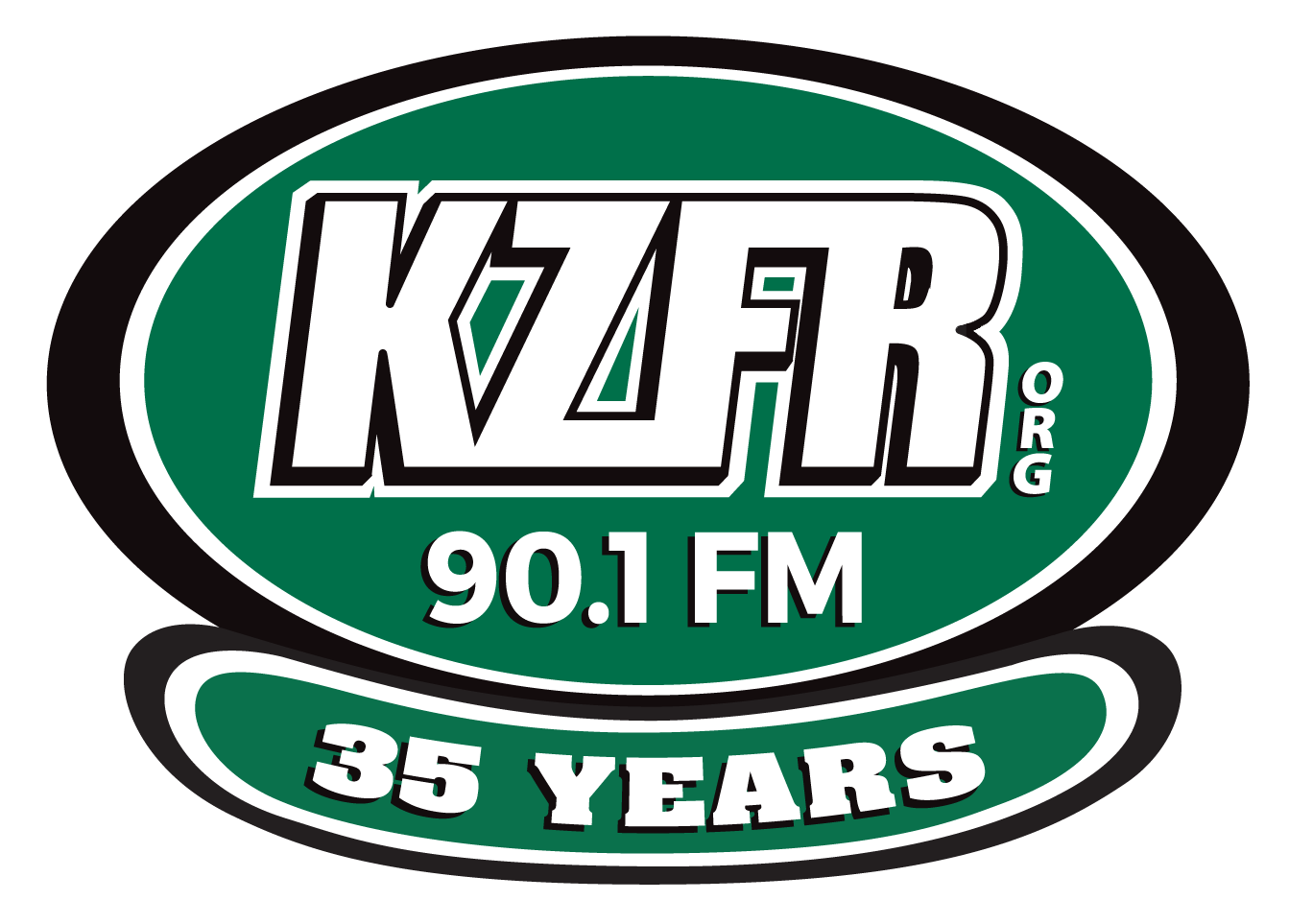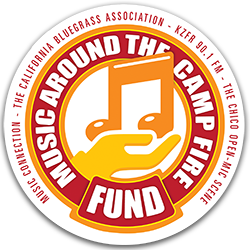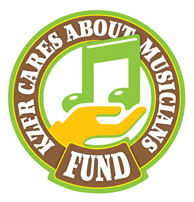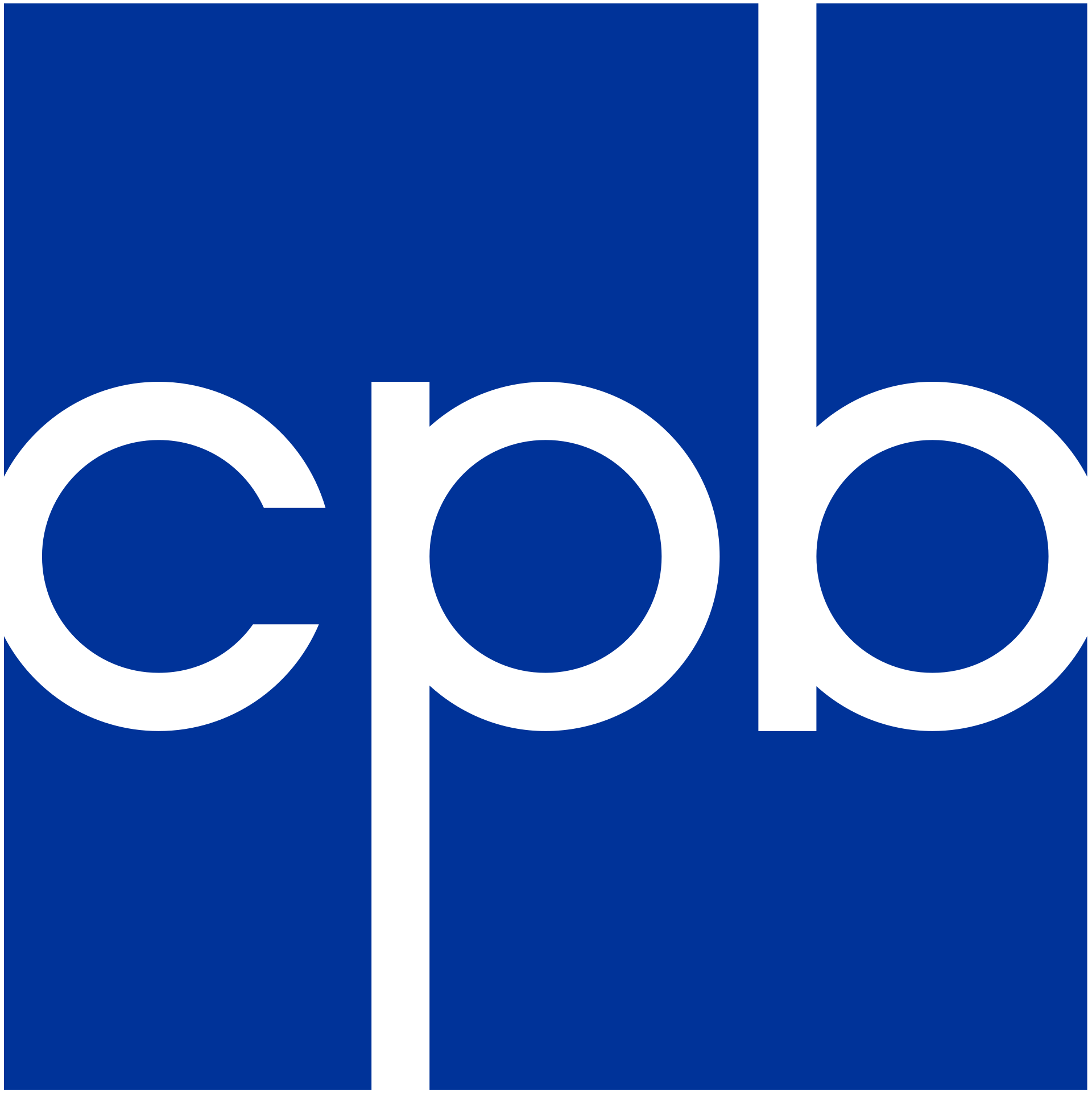Joan Baez’s career has blazed across the cultural and political history of modern America propelled by her voice and her activism. She recently announced her retirement from stage performances after a 60-year career. Sixty-one years ago the seventeen-year old singer made her “semi-professional” debut here in Butte County. Her performance even then had implications beyond entertainment, and it seems to have contributed to a slow-moving backlash that eventually escalated into a local social and political conflict that played out in the years following her visit to Paradise, California.
When Joan passed through Paradise in 1957 it was rural. It had apple orchards. It had only been connected to Chico by the Skyway for six years. It wasn’t an official ‘town’ yet; just a quiet little foothill burg. Her talent and her conscience of course quickly took her to other places, but her mark was left on Paradise in ways that she probably never knew.
Joan’s parents were Quakers. When she was very young, elementary school age, she saw Pete Seeger perform and was inspired to sing and play. When she was in the 11th grade she attended a conference of the Quaker social action organization, the American Friends Service Committee (AFSC). It was held at Asilomar on the Monterey coast. At the conference she heard Martin Luther King speak, galvanizing her pacifism. She also performed there.
From her memoir And a Voice to Sing With:
“I was offered my first out-of-town job[performing] by a teacher from Paradise High School who’d heard me sing at the Asilomar Conference. Although I wasn’t paid, my air fare was taken care of, and bumping through the clouds toward Paradise on a small aircraft (somewhere near Sacramento, California) I felt both very proud and very afraid. I was truly fawned over on this trip. Senior girls battled over whose house I should stay in and teachers wanted me to visit their classes. The father of one of the girls was a Shriner who dragged me off to sing at a dance hosted by members of his club. After three songs I sat down to have a Shirley Temple and a red-eyed old Shriner teetered over, put his arm around me and said in a kindly way, but with breath that could have withered a young oak, “You’ve got a helluva voice kid. Don’t sign cheap.” I was far from thinking of signing anything, but I was blossoming in the attention.”
She doesn’t say what songs she sang at the High School and for the Shriners but there’s a good chance that Pete Seeger’s spirit was present. If her songs were controversial at all they may have been a catalyst for things to come in conservative Paradise. Even though manic red-baiting McCarthyism was on the wane nationally it still had a formidable presence in the north state.
Within a few years of Joan’s fly-in to Paradise the local American Legion Post and John Birch Society would be hiding tape-recorders in hollowed out books and monitoring Paradise teachers for un-American activities, anti-Christian bias, and anti-patriotic lessons. With the support of the Chico Enterprise-Record editorial page teachers were demonized and the school board was roundly criticized. Eventually there was a movement to replace the Paradise School District Board with like-minded patriotic zealots and the witch hunt spread from Paradise classrooms to Chico School District classrooms and then onto the Chico State College campus. The controversy even found its way into the pages of Life Magazine ("Hell Breaks Loose in Paradise," April 26, 1963) and into a best-selling book.
Sociologist Ritchie Lowry was a teacher at Chico State College between 1958 and 1963. He was working on his Ph.D. dissertation through U.C. Berkeley at the time and his topic was “Community Leadership and Social Change in a Small Community.” His academic dissertation documented the political climate in Chico and the surrounding area and was interesting enough to be turned into a book “Who’s Running This Town?” that was published by Harper-Row in 1965. In the book Chico is identified as “Micro City” but the detailed descriptions of landmarks, businesses and individuals makes its subject recognizable to anyone familiar with the town.
He reported on some events “that symbolized the growth of right-wing support and activity” in the area. One of these events:
“……involved the wife of a State College professor who was a high-school social studies teacher in [Paradise] near [Chico], as well as an active Democrat, and had earned herself the reputation as an outspoken ‘liberal’ on major social and political issues of the day. For years her teaching techniques had involved classroom debates on major controversial issues, staging mock United Nations and U.S. Congressional sessions, field trips to the state capital and political conventions, class attendance at conferences [outside the area] to hear major critics and controversial speakers…..The first evidence of a vigorous campaign against this teacher developed in 1962. The incident which triggered this response …. [was] when she used ‘The Nation’ magazine [a progressive, liberal publication] in her classroom…[to discuss] the growing ‘military complex.’ The local American Legion post and individuals claiming to represent the local John Birch Society denounced the teacher for subverting the patriotism of American youth by advocating leftist ideas. They recalled that she had once taken a group of students to a conference sponsored by the ‘suspect’ American Friends Service Committee.”
Both Joan’s and Lowry’s accounts pivot on the teacher with
AFSC connections; so it seems that Joan had an early walk-on role to play in this
chapter of Paradise history. Her invitation to perform came from a progressive
teacher who promoted critical thinking and had pacifistic tendencies, both of
which irritated some locals. The teacher at the center of the controversy was Mrs.
Virginia Franklin. The anti-Franklin
slate lost the fiercely contested school board election that followed but there
were numerous political hearings in Paradise and Sacramento concerning the
controversy. An impassioned speech by actor and political aspirant Ronald
Reagan lit a fire under some local Birchers who then lit a fire on a pile of
books that they didn’t want to be found on any local library’s shelves or in
classrooms. Lowry reported that Mrs. Franklin eventually resigned and was
unemployable locally. She filed a slander suit against the local American
Legion Post #259 and was vindicated with an award of $16,500. In 1967 she began
teaching civics, government and social studies in San Rafael in Marin County. She
taught there for decades, earning a doctorate in education, eventually developing
curriculum for educators on how to teach civics (one of her curricula is used
at the Martin Luther King Center in Atlanta). During her career she was named Outstanding
Teacher of the Year by the Marin Educational Foundation, and she was also
awarded the Freedoms Foundation Valley Forge Classroom Medal, and the
Constitutional Rights Foundation Award. (While teaching in San Rafael the local
Benevolent Protective Order of Elks took offense to a text book she utilized
and when the national organization published a scathing editorial about her,
she sued the Elks and won that monetary award, too.) Upon Mrs. Franklin’s retirement the school
district established an award for social studies teachers and named it after her. Paradise truly lost.
Soon after performing in Paradise Joan was recorded performing in a San Francisco venue. The recording was to be used as a demo. (It was eventually released by Berkeley’s Fantasy Records in 1963 but Baez and Vanguard Records took legal action to prevent its distribution.) Shortly after that initial 1958 recording was made her father took a job at MIT and the family moved east to Massachusetts. Joan began to perform in Boston and Cambridge coffee houses, and soon was being paid regularly to sing and play. In 1959 she made more recordings in a friend’s basement. They were released as “Folksingers ‘Round Harvard Square” featuring Joan, Bill Wood and Ted Alevizos performing individually and together. Later that year Bob Gibson invited her to perform at the 1959 Newport Folk Festival which introduced her to the national audience. Three years later (just as the turbulence surrounding Mrs. Franklin began to crescendo throughout Paradise) Joan was on the cover of Time Magazine as ‘the face of folk music.’
On American
Pastimes: Music from “Folksingers ‘Round Harvard Square” (Veritas
Records) and “Joan Baez in San Francisco” which is the live
recording from 1958 that was released by Fantasy Records in 1963. And here's a 1959 radio performance by Joan with Bill Wood on WHRV, Harvard's radio station.
THE PLAYLIST:
Butch Baldassari “Angeline the Baker / Miss Macleod's Reel / Little Rabbit” from A Day In the Country on Soundart
White House “Cotton Eyed Joe” from White House
Judy Collins “Someday Soon” from Live At Wolf Trap
Buffy Ste. Marie “Until It's Time For Me to Go” from The Best of Buffy Ste. Marie
Joan Baez “La Bamba” from Live in San Francisco, 1958
Joan Baez “Oh What a Beautiful City” from Folk Singers 'Round Harvard Square
The Freight Hoppers “Little Sadie” from Where'd Ya Come From, Where'd Ya Go?
Charlie Poole “You Ain't Talkin' to Me” from You Ain't Talkin' to Me
Jim Kweskin, Mel Lyman & The Lyman Family “Amelia Earhart's Last Flight” from Amelia Earhart's Last Flight
The Earls Of Leicester “Don't Let Your Deal Go Down” from The Earls of Leicester on Universal Music Group International
Uncle Earl “D & P Blues” from Waterloo, Tennessee on Universal Music Group International
Pete Seeger “East Virginia” from Live in England, 1958
Pete Seeger “Deep Blue Sea” from Live in England, 1958
Joan Baez & Bill Wood “Careless love” from Folksingers 'Round Cambridge Square
Joan Baez “Waterboy” from Live in San Francisco, 1958
Butch Baldassari “Midnight on the Water” from A Day In the Country on Soundart
The Maddux Brothers and Rose “Sally Let Your Bangs Hang Down” from America's Most Colorful Hillbilly Band, Vol. 1
The Maddux Brothers and Rose “I'll Make Sweet Love to You” from I'll Make Sweet Love to You
Gillian Welch “Tear My Stillhouse Down” from Revival on Acony Records
Maria Dunn “For Peace and Plenty” from We Were Good People on Distant Whisper Music
Craig Smith “Foggy Mt. Breakdown” from Foggy Mt. Special (tribute to Earl Scruggs)
George Pegram “In the Sweet Bye and Bye” from In the Sweet Bye and Bye
The Fossil Creek Band “Steel Workin' Man” from Steel Workin' Man
Sierra Hull “After You're Gone” from After You're Gone
Greenbriar Boys “I'm Coming Home But I Don't Know When” from New Folks
Driftwood “Shady Grove” from Shady Grove
Ian and Sylvia “Tomorrow is a Long Time” from Tomorrow is a Long Time
Phil Ochs “There But for Fortune” from There But for Fortune
Richie Havens “Handouts in the Rain” from Handouts in the Rain
Joan Baez “Oh, Freedom” from Live in San Francisco, 1958
Butch Baldassari “Bill's Dream / Boston Boys / Whiskey Before Breakfast” from A Day In the Country on Soundart
